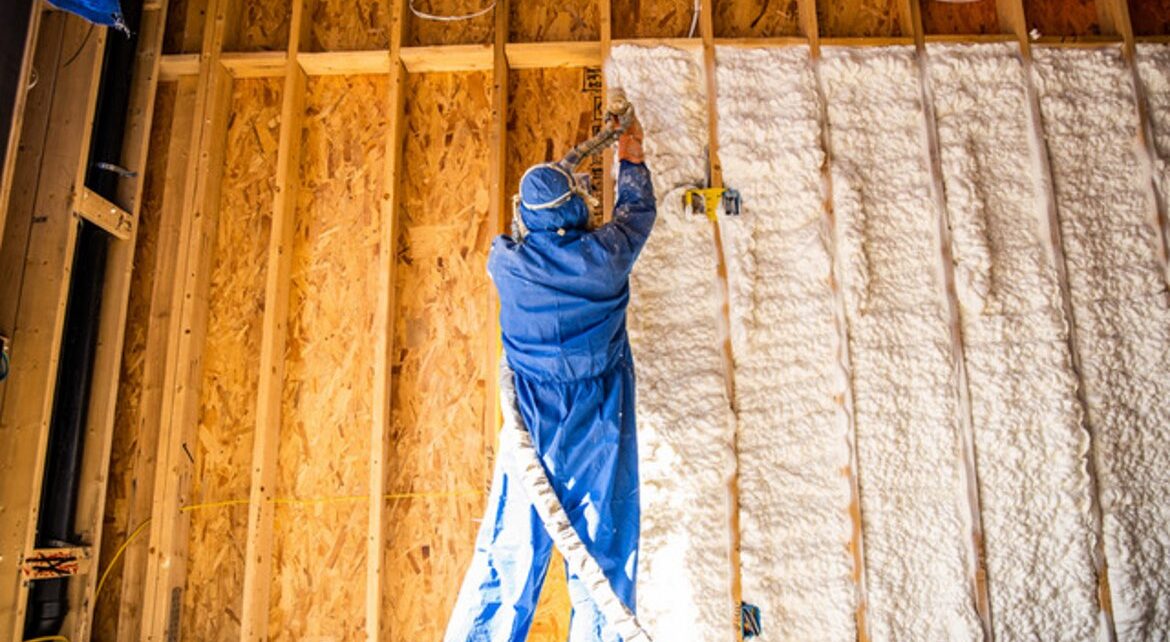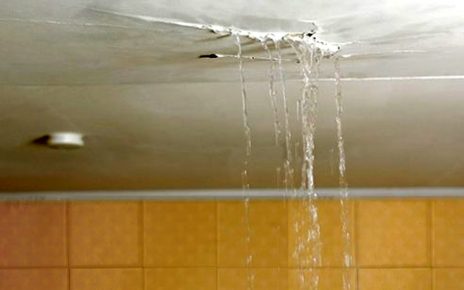Table of Contents
Spray foam insulation is a highly effective solution for improving energy efficiency and comfort in both residential and commercial properties. This insulation method provides a seamless barrier against air leaks and moisture, making it a popular choice among homeowners and business owners alike. This article explores the benefits of hiring spray foam insulation contractors, the types of spray foam available, and key considerations when choosing a contractor.
1. Benefits of Spray Foam Insulation
a. Superior Energy Efficiency
Spray foam insulation creates an airtight seal, significantly reducing air leakage. This leads to lower energy bills and a more energy-efficient building by minimizing the need for heating and cooling.
b. Moisture and Mold Resistance
The closed-cell structure of spray foam helps prevent moisture infiltration, reducing the risk of mold growth and water damage. This is particularly beneficial in areas prone to high humidity.
c. Enhanced Comfort
By maintaining consistent indoor temperatures, spray foam insulation contributes to a more comfortable living or working environment. It helps eliminate drafts and hot spots, ensuring even heating and cooling.
d. Noise Reduction
Spray foam also acts as a sound barrier, minimizing noise transmission between rooms and from outside, which can enhance the overall quality of life in homes and offices.
2. Types of Spray Foam Insulation
a. Open-Cell Spray Foam
- Description: This type is softer and less dense, expanding to fill cavities and creating a flexible barrier.
- Applications: Ideal for interior walls and ceilings where sound absorption and insulation are required.
b. Closed-Cell Spray Foam
- Description: Denser and more rigid, this foam provides superior insulation and structural support.
- Applications: Suitable for exterior applications, roofs, and areas exposed to moisture, as it is more resistant to water.
3. Choosing the Right Spray Foam Insulation Contractor
a. Experience and Qualifications
Look for contractors with extensive experience in spray foam insulation. Verify their qualifications and ensure they are familiar with local building codes and safety regulations.
b. Licensing and Insurance
Ensure that the contractor is properly licensed and insured. This protects you from potential liabilities during the installation process.
c. Reviews and References
Research the contractor’s reputation by reading online reviews and asking for references. Positive feedback from previous clients can indicate reliability and quality of work.
d. Detailed Estimates
Request detailed estimates from multiple contractors. This will help you compare costs, services, and timelines, ensuring you find the best fit for your project.
4. What to Expect During Installation
a. Initial Consultation
The process typically begins with a consultation where the contractor assesses your insulation needs, discusses options, and provides recommendations.
b. Preparation and Installation
During installation, the contractor will prepare the area by sealing off spaces to prevent overspray. The spray foam will then be applied using specialized equipment, creating a seamless barrier.
c. Post-Installation Inspection
After installation, a thorough inspection will ensure that the spray foam is properly applied and that there are no gaps or issues.
5. Conclusion
Hiring spray foam insulation contractors can significantly enhance the energy efficiency, comfort, and value of your property. With their expertise and the benefits of spray foam insulation, you can create a more sustainable and enjoyable living or working environment. By choosing a qualified contractor and understanding the process, you can confidently invest in this effective insulation solution.




